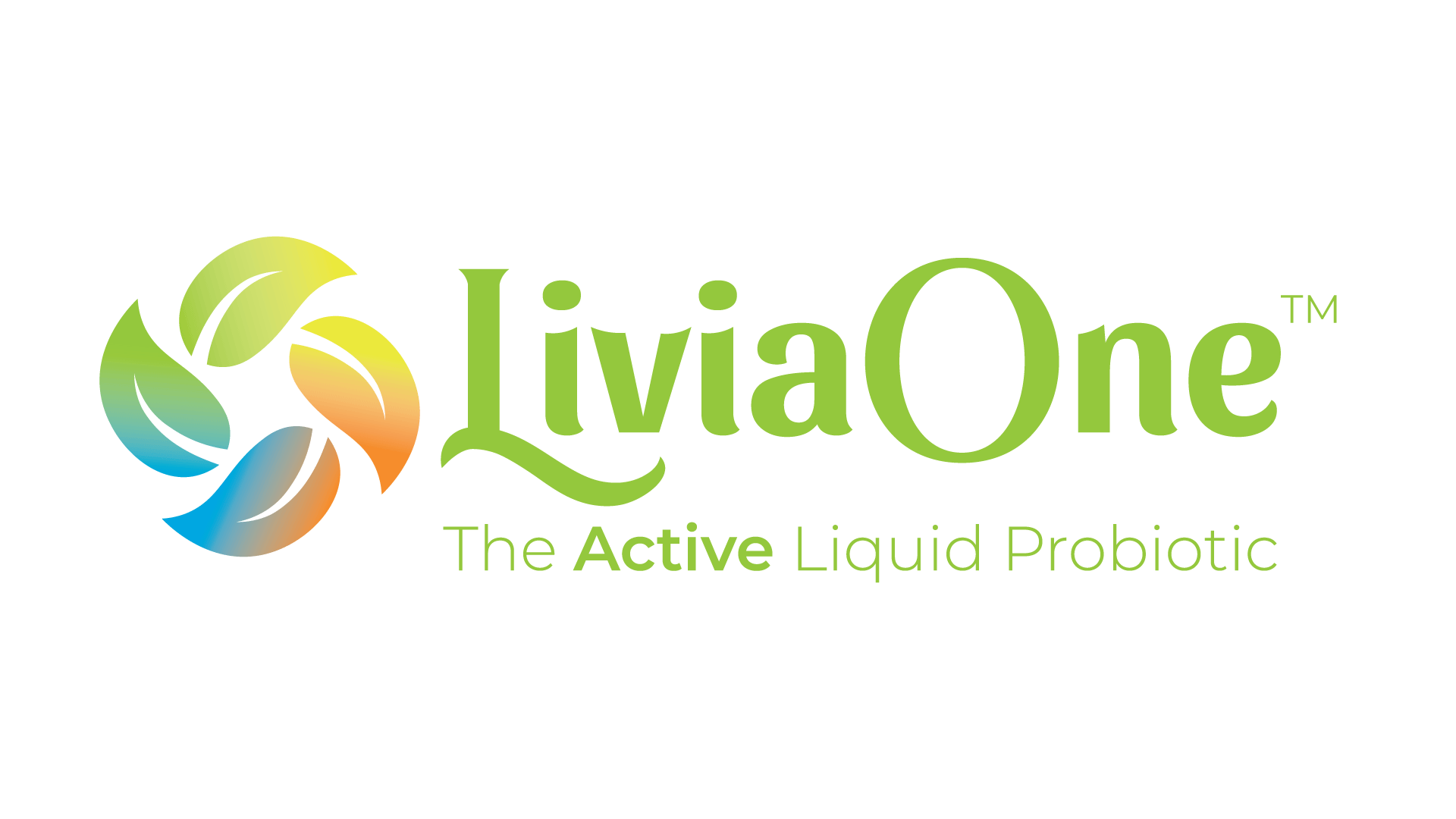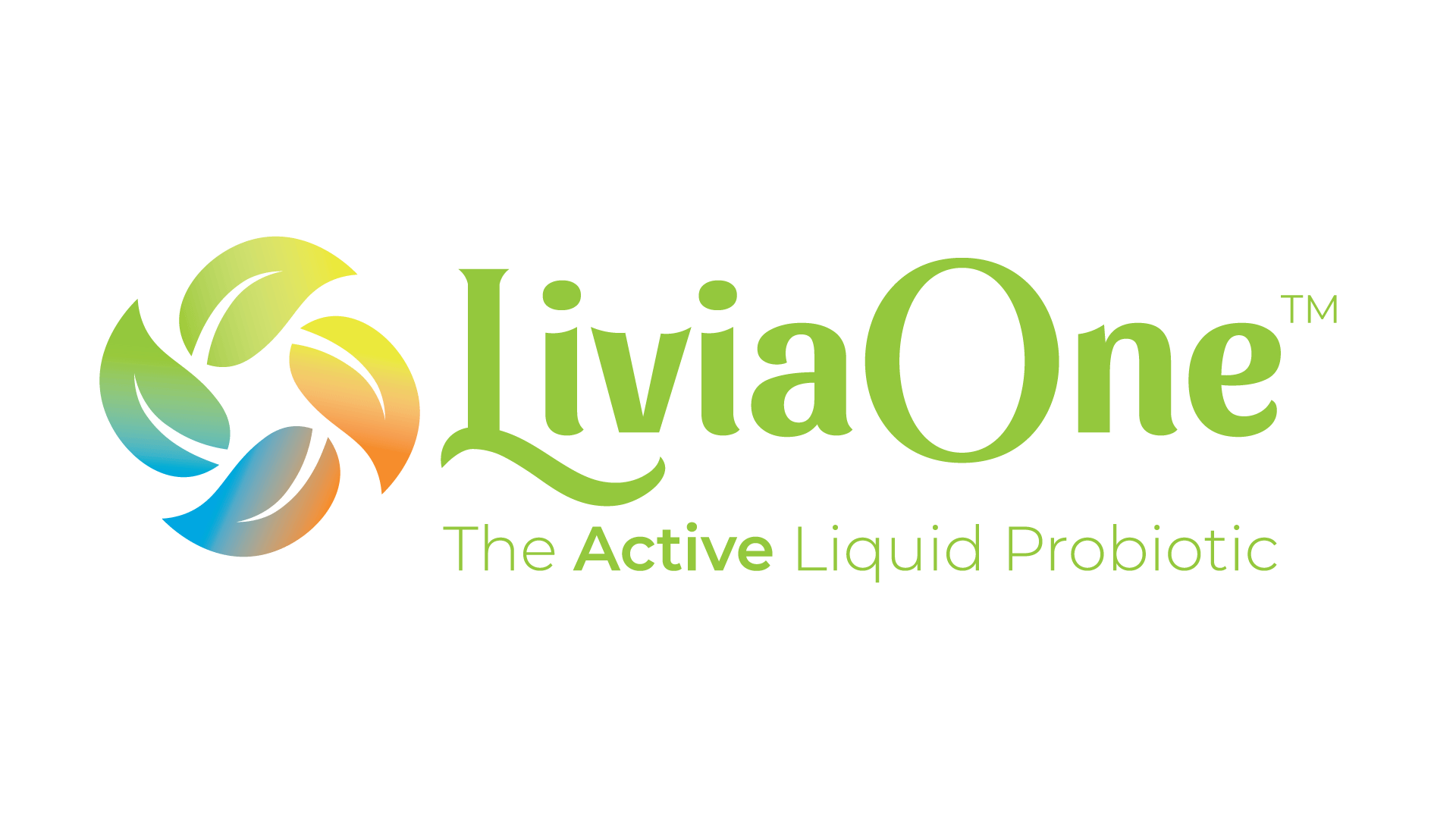Intestinal Flora
Introduction
Intestinal flora
Small Intestine
The intestinal flora of the small intestine is comprised mainly of microorganisms known as lactobacilli, which are a type of bacteria found in the digestive tract that produce lactic acid. "Lactobacilli are one of the most important types of friendly bacteria found in the digestive tract. They play a key role in producing fermented foods, fermented milk, yogurt, and cheeses [and] are often referred to as "probiotic" since they are positive or supportive microorganisms."(3) Lactobacilli include bacteria such as Lactobacillus
Large Intestine (Colon)
While lactobacilli can be found in the large intestine as well, one of the most "predominant species [that inhabit the large intestine is]...anaerobic lactic acid bacteria in the genus Bifidobacterium (Bifidobacterium
Lactobacilli and Bifidobacteria maintain a healthy balance of intestinal flora by producing organic compounds. These organic compounds include lactic acid, hydrogen peroxide, and acetic acid that increase the acidity of the intestine and curb the reproduction of many harmful bacteria.(4)
Furthermore, "Bifidobacterium
Intestinal Flora Studies
Probiotics were first discovered sometime during the 19th century, and since that time many studies have been conducted to determine the benefits of probiotics. In the last couple of
Essentially, probiotics such as Bifidobacterium and Lactobacillus help enhance the growth of beneficial bacteria or intestinal flora thereby furthering the health and well-being of the individual. The following studies show the various types of probiotics studied and the effects they have on the human body in relation to various diseases. By promoting the growth of intestinal flora these probiotics assist in disease reduction and prevention.
Bifidobacterium
A study conducted in 2009 hoped to provide evidence of the ability of the probiotic Bifidobacterium breve (B. breve) strain
A new study published in the July issue of the American Journal of Gastroenterology found that Bifantis (Bifidobacterium infantis 35624) may help relieve many of the symptoms associated with irritable bowel syndrome (IBS) in women, including diarrhea and constipation.(9)
This randomized study was conducted with a group of women suffering from irritable bowel syndrome (IBS). These women reported experiencing symptoms such as abdominal pain and discomfort, bloating and distension, sense of incomplete evacuation, straining at stool,
Lactic acid producing bacteria, such as Bifidobacterium
Lactobacillus
Lactobacillus acidophilus is generally considered to be beneficial because it produces vitamin K, lactase, and anti-microbial substances such as acidolin, acidolphilin, lactocidin, and bacteriocin. Multiple human trials report benefits of L. acidophilus for bacterial vaginosis.(11)
A study conducted in 2007 using milk fermented with Lactobacillus
Conclusion
"A stable, healthy intestinal microflora is thought to contribute to overall health by excluding foreign, potentially harmful bacteria."(6) Scientific studies indicate the multiple benefits that various types of intestinal flora offer the human body. Whether ingested through foods containing these bacteria or taken in supplement form, these probiotics aid in the proliferation of "good" bacteria in the body and help reduce and/or prevent infection and disease.
REFERENCES:
(1) Todar, K. (2008). The Normal Bacterial Flora of Humans. Todar's Online Textbook of Bacteriology.
(2) Welter, S. (2007).
(3) Lactobacilli List, A List of the Key Lactobacilli (Friendly Bacteria) and Their Role in the Health of Your Digestive System. Published by NuFerm, Nutrition from Nature. 2006.
(4) Learn the Benefits of Bifidobacterium. Published by VAXA International. Unknown.
(5) Generic Name: Bifidobacterium Bifidum Oral. Published by MedicineNet.com. 2005.
(6) Partial Characterization of Bifidobacterium Breve C50 Cell-Free Whey Compounds Inducing Modifications to the Intestinal Microflora. Journal of Dairy Science, American Dairy Science Association. 2002.
(7) Probiotics. Published by DigestivesPlus.com. Unknown.
(8) Effects of the Enteral Administration of Bifidobacterium Breve on Patients Undergoing Chemotherapy for Pediatric Malignancies. Published in Supportive Care in Cancer. 2009.
(9) New Study Demonstrates That Bifantis (Bifidobacterium
(10) Bacteria Genomes Bifidobacterium Longum, Bifidobacterium Longum Keeps the Human Digestive System Running Smoothly. European Bioinformatics Institute, European Molecular Biology Laboratory. 2009.
(11) Lactobacillus Acidophilus. Published by Natural Standard Patient Monograph, MayoClinic.com. 2009.
(12) Narva, M. (2004). Effects of Lactobacillus Helveticus Fermented Milk and Milk-Derived Bioactive Peptides (CPP, IPP, and VPP) on
For more information:
 A complete description of probiotics, along with groundbreaking recent clinical research illustrating the many ways probiotics can prevent disease, can be found in Probiotics - Protection Against Infection: Using Nature's Tiny Warriors To Stem Infection. This new compendium from one of contributing authors of the content on this page, Dr. Casey Adams, PhD., takes the confusion out of selecting and supplementing with probiotics. Referencing over 500 scientific studies and reports, and with detailed instructions on how to make your own probiotic foods, this book is a must for anyone seeking to understand the power of
A complete description of probiotics, along with groundbreaking recent clinical research illustrating the many ways probiotics can prevent disease, can be found in Probiotics - Protection Against Infection: Using Nature's Tiny Warriors To Stem Infection. This new compendium from one of contributing authors of the content on this page, Dr. Casey Adams, PhD., takes the confusion out of selecting and supplementing with probiotics. Referencing over 500 scientific studies and reports, and with detailed instructions on how to make your own probiotic foods, this book is a must for anyone seeking to understand the power of
Please read this Disclaimer:
The contents of this site, such as text, graphics, images, information obtained from www.Probiotic.org licensors and other material ("Content") contained on this site is for informational purposes only. The Content is not intended to be a substitute for professional medical advice, diagnosis or treatment. Always seek the advice of your physician or

